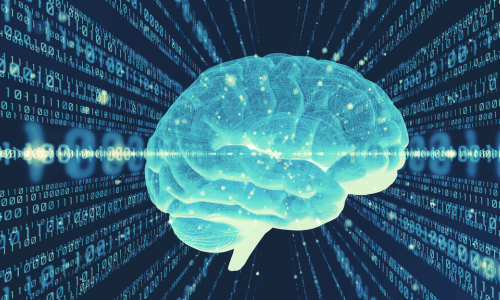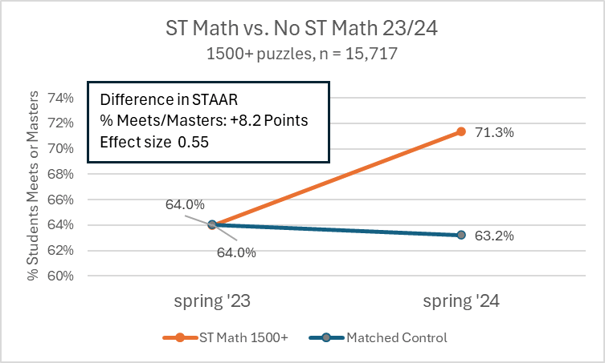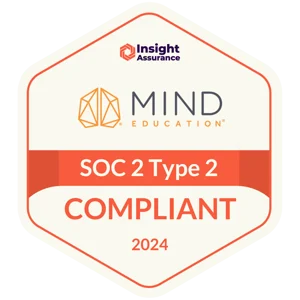As someone in their 60s with multiple STEM degrees, I’ll admit: learning to play video games competitively isn’t high on my to-do list. I’ve left my arcade days in the 1980s, and though part of me would love to keep up with my Gen Z son, the thought of mastering today’s games is intimidating—the learning curve is steep, the skills demanding. But that’s precisely my point: console gaming, like any complex endeavor, takes sustained focus, effortful practice, mental agility, perseverance, and, above all, time.

What fascinates me is that kids routinely rise to the challenge of these games with no hesitation. They pick up complicated games with intricate rules and levels of difficulty, often skipping any instruction and figuring things out on their own. If I had a grandchild, I would encourage her without hesitation to dive into any video game, confident that she would ultimately succeed.
I had never connected this unquestioned “belief” in children’s capabilities to my career in improving math learning, until a discussion with Quentin Lawson, previously the Executive Director of NABSE, the National Alliance of Black School Educators. I was demonstrating to Quentin how major academic math concepts could be represented by visual interactive puzzles on a computer screen, enhanced by video game mechanics of escalating challenges and mastery progression. As we discussed the state of education, Quentin, thinking about young Black male students, observed, “There’s no achievement gap in video games.” Since then, I have credited Quentin with this insight. This is how the math performance achievement gap can be closed.
There’s no achievement gap in video games.
– Quentin Lawson
When kids play video games, their success isn’t held back by factors like:
- their parents’ education level
- their socioeconomic status
- their neighborhood
- the language they speak at home
In gaming, none of these factors inhibit a child’s progress, because the games are designed to engage, challenge, and reward persistence. Imagine if we could apply that same approach to math. Through game-like experiences with visually interactive puzzles, all students could find a pathway to engage with math concepts at their own pace.
Quentin’s observation pointed to the power of non-language-based, non-routine visual puzzles. Notably, no language barriers, vocabulary hurdles, abstract symbols, or rote procedures to memorize. Instead, students engage through interactive, experiential learning with mathematical ideas. The software follows genuine mathematical rules that facilitate understanding—the problem-solving skills applied to successful gaming can be applied to successful math learning.
In this environment, all students begin with confidence and, through productive struggle, gain a strong sense of achievement. This self-belief and interactive familiarity with math concepts will also enable teachers to build upon students’ foundational understanding, creating the opportunity to bridge the “math performance” gap.
If we move beyond traditional math teaching methods and embed math learning into interactive, game-like experiences—that provide a level playing field—we can ensure a deeper understanding of math for all students. And as we harness the engaging power of video games for all children to thrive in math, we’re empowering every child to approach challenges with confidence and become eager problem solvers, regardless of background. And in doing so, we’re setting the stage to close the achievement gap in math.
Looking for a new approach to math education that fosters inclusive and engaging learning environments? Discover how MIND’s revolutionary approach to math learning can prepare your students for the challenges of tomorrow.



